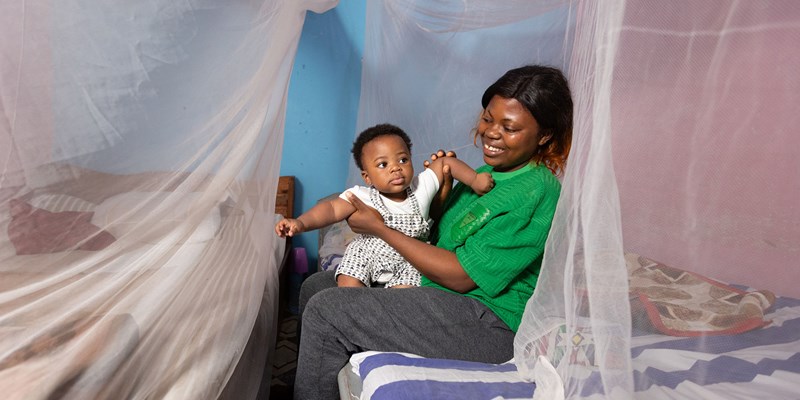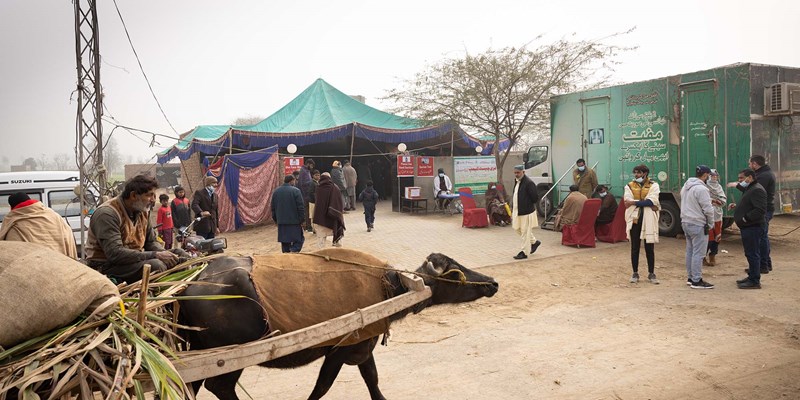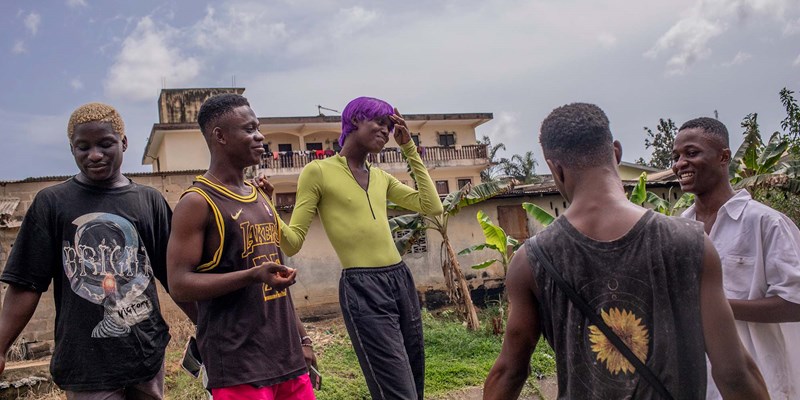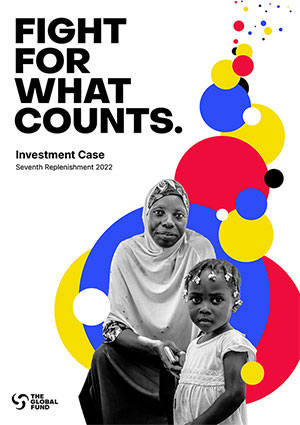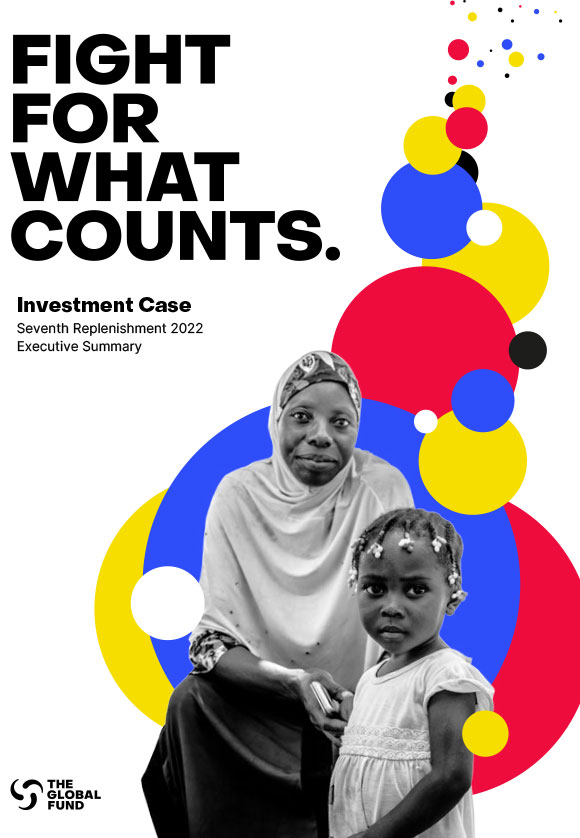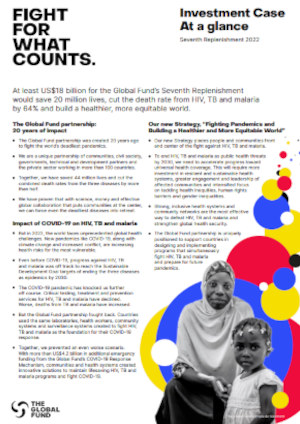Global Fund Grants in the Republic of India
09 May 2023
Achieving strong programmatic results in the fight against the three diseases in India is critical for the Global Fund to achieve its overall global mission. The country has a significant tuberculosis (TB) disease burden and a large number of People Living with HIV (PLHIV).
This has made India a key strategic partner to the Global Fund as both a major recipient of Global Fund investments (US$3 billion since 2002) and a donor with contributions totaling US$60.5 million to date. As a major economic power with a large national health budget, Global Fund investments represent a small proportion of the total national response to the three diseases. This alters how Global Fund investments are positioned, supporting more innovative and catalytic areas within a broader landscape of domestic funding.
Overall, India has achieved strong programmatic results for both TB and HIV, with notable declines in morbidity and mortality. TB case notifications have increased, linked to innovative interventions with the private sector and active case finding. In addition, the TB program demonstrated resilience in recovering from the impact of COVID-19 with a strong rebound in TB case notifications in 2021.
However, issues were identified around the timely handover of interventions to domestic financing, operational challenges with key diagnostic equipment and poor results on Lost To Follow-Up (LTFU) targets. Therefore, the design of Global Fund interventions to support sustainable programmatic results has been rated as partially effective. The Global Fund Secretariat determined that a management action is not needed due to the nature of the grants, the limited span of control of implementers, and the risks covered by existing grant and risk management processes of the Global Fund.
The Payment for Results (PfR) modality signals an innovative approach to strategically engage with the government by rewarding positive performance. PfR targets are mostly ambitious and aligned to national priorities. However, issues in the design of HIV targets and operational gaps and delays in risk assessment, mitigation and assurance mechanisms could impact PfR’s effective implementation and limit potential benefits. Therefore, the design of the PfR modality under NFM3, to ensure catalytic impact, has been rated as partially effective.
The Global Fund approved US$ 105 million from C19RM 2020 and 2021 to support India in mitigating the impact of COVID-19. Rapid approval of proposals was noted in response to India’s urgent needs. However, significant issues were reported in the effectiveness and timely use of C19RM funds. As a result, the design and effectiveness of Global Fund support through C19RM investments in India has been rated as needing significant improvement.
Finally, partial gaps in risk management and oversight over some data quality and data system related risks were noted. This has exposed the portfolio to increased risks that can affect grant implementation. Therefore, the design and effectiveness of oversight and monitoring of Global Fund interventions has been rated as partially effective.
- Message from the Executive Director: Global Fund Grants in India
- Global Fund Grants in the Republic of India
download in English | Français
